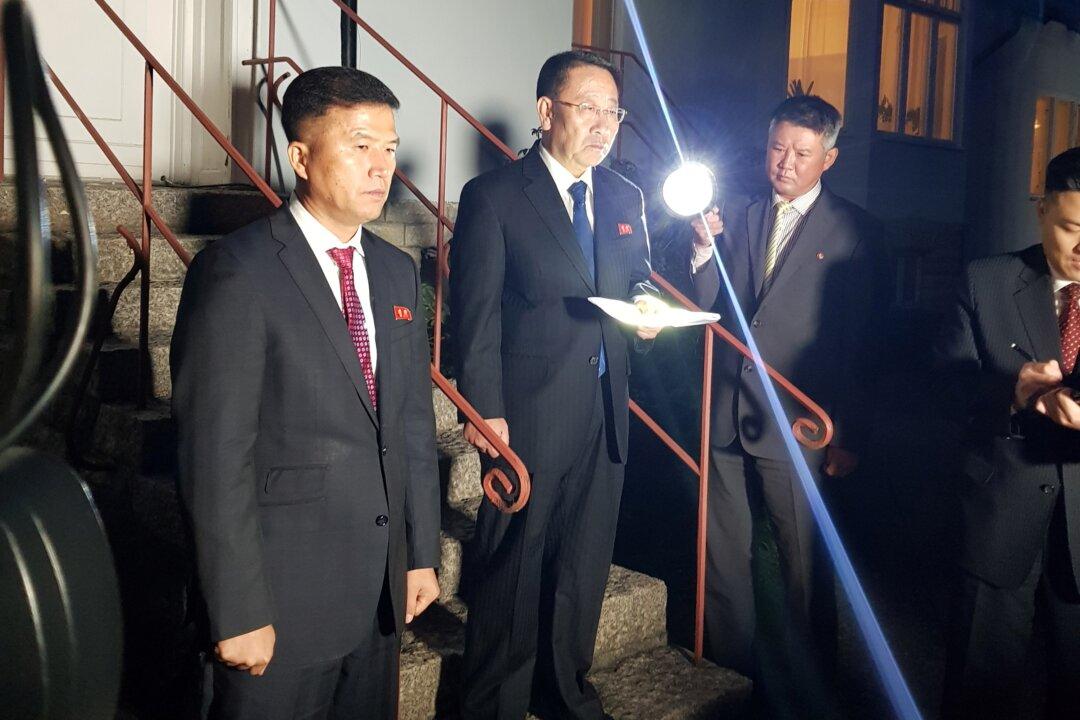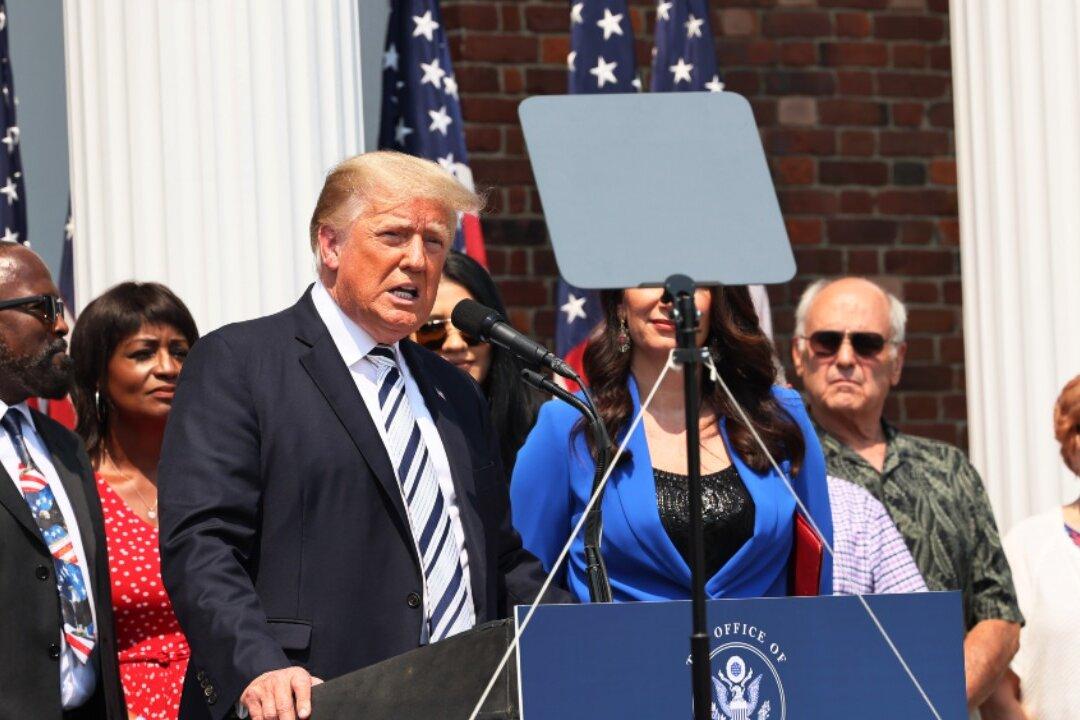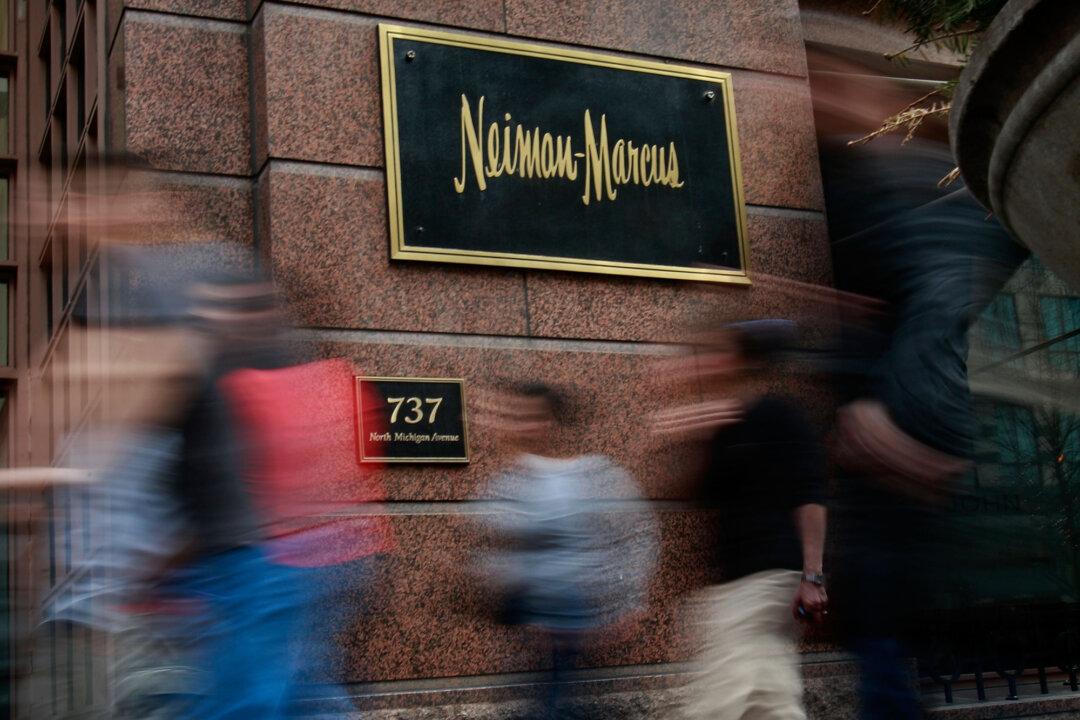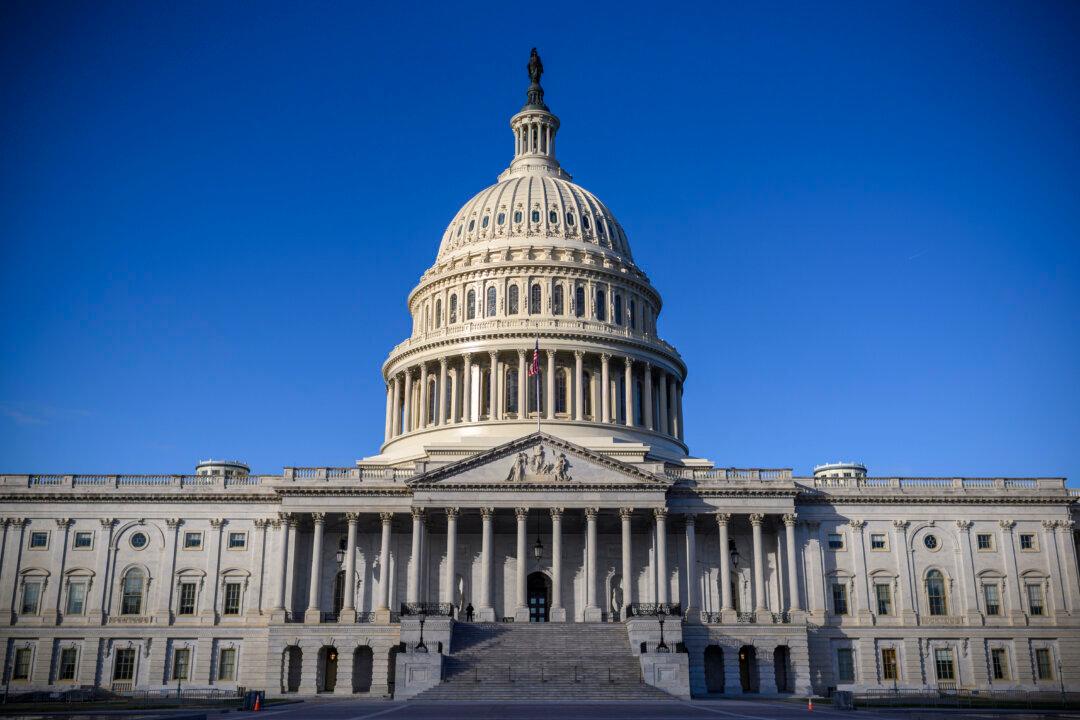The United States is committed to “overcome a legacy of 70 years of war and hostility on the Korean Peninsula,” the state department said on Oct. 5 after resuming talks with North Korea in Sweden.
The meeting on the outskirts of Stockholm was the first working-level formal session to take place after the meeting between President Trump and Kim Jong-un at the inter-Korean border zone about 4 months ago.




